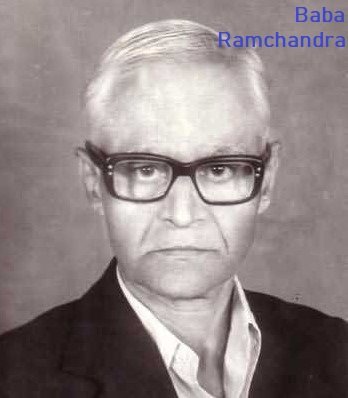2023 GS P5 PYQ Solution, PYQs Solution
Q.16. Analyse the achievements of Baba Ramchandra as a peasant leader. एक किसान नेता के रूप में बाबा रामचंद्र की उपलब्धियों का विश्लेषण कीजिए|
Baba Ramchandra, a poor brahmin who was forced to work as an indentured labour in Fiji, was a significant figure in the Indian peasant movement, particularly in the Awadh region of Uttar Pradesh. His achievements as a peasant leader are noteworthy:
- Organizing Peasants: He organized the farmers of Awadh into a united front to fight against the abuses of landlords in the 1920s and 1930s.
- Formation of Oudh Kisan Sabha: He was instrumental in forming the Oudh Kisan Sabha (Oudh Farmers’ Association) in 1920, which played a pivotal role in mobilizing peasants against oppressive landlords.
- Non-Cooperation Movement: Baba Ramchandra integrated the struggles of peasants with the broader Non-Cooperation Movement, bringing national attention to their plight.
- Social Reforms: He fought against the practice of begar (forced labor without payment) and demanded a reduction of revenue and social boycotts of oppressive landlords.
- Empowerment of Peasants: His leadership empowered peasants to assert their rights and demand fair treatment and security of tenure.
- Influencing National Leaders: His efforts drew the attention of national leaders like Jawaharlal Nehru, who became actively involved in addressing the grievances of the villagers in Awadh.
Baba Ramchandra’s leadership and his ability to mobilize and unite the peasants were significant in challenging the existing feudal structures and contributing to the freedom struggle in India.


